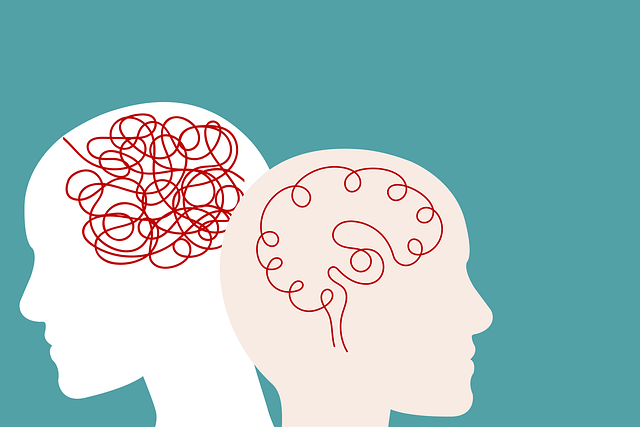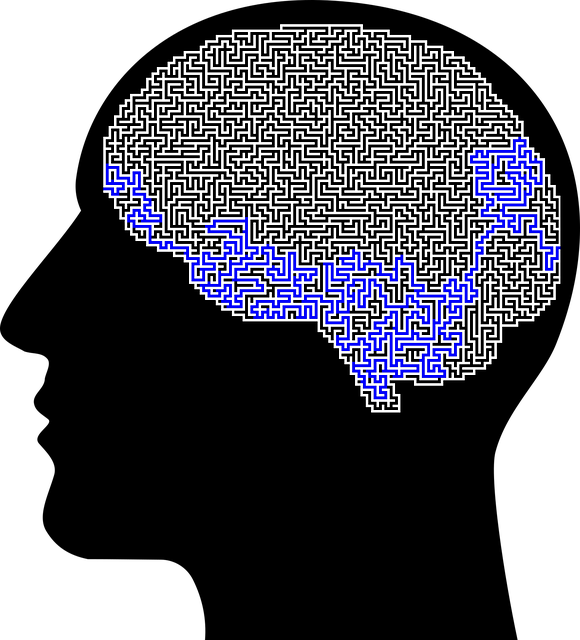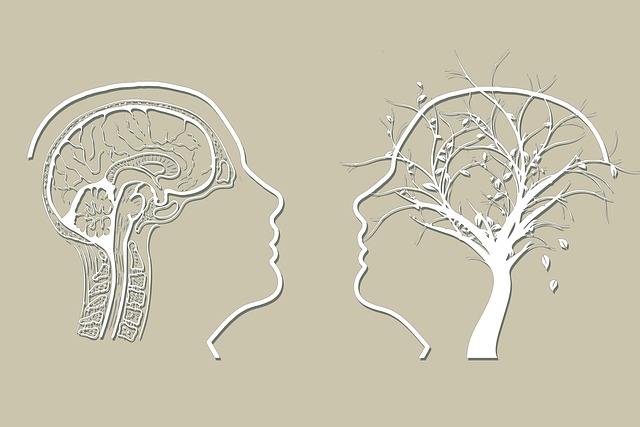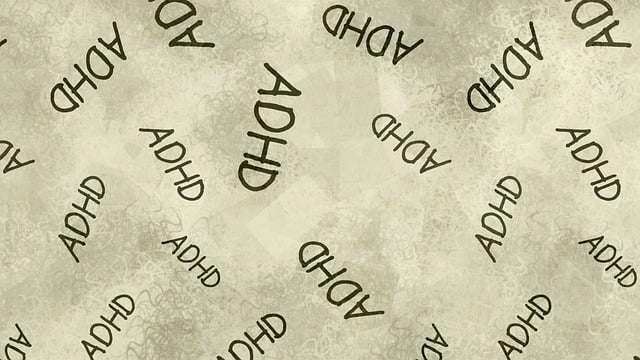Boulder Grief Counseling Therapy offers specialized support for trauma and grief, creating safe spaces for emotional processing with evidence-based practices. Their tailored programs incorporate stress reduction methods and mental health education, empowering clients with coping strategies for improved resilience. By validating complex histories and providing personalized care, they enable individuals to recover from traumatic experiences and rebuild their emotional well-being. This holistic approach includes individual and group therapy, self-awareness exercises, and burnout prevention techniques, ensuring a supportive journey towards healing and restored hope.
Trauma can have profound and lasting effects on individuals, making access to effective support services crucial. This article explores various aspects of trauma support, focusing on the role of specialized therapies like Boulder Grief Counseling. We delve into understanding trauma’s impact, identifying suitable services, implementing trauma-informed care, and promoting healing through therapy. By examining these key areas, we aim to highlight best practices for fostering resilience and recovery.
- Understanding Trauma and Its Impact
- The Role of Boulder Grief Counseling Therapy
- Identifying Suitable Support Services
- Implementing Effective Trauma-Informed Care
- Promoting Healing and Resilience Through Therapy
Understanding Trauma and Its Impact

Trauma is a complex psychological response to distressing events or situations that overwhelm an individual’s ability to cope. It can manifest in various ways, affecting one’s emotional, cognitive, and physical well-being. Understanding trauma involves recognizing its far-reaching impact on individuals and communities. When left unaddressed, traumatic experiences can lead to long-lasting mental health issues, such as depression, anxiety disorders, and post-traumatic stress disorder (PTSD).
In Boulder, Grief Counseling Therapy has emerged as a valuable resource for those grappling with trauma. This form of specialized therapy provides individuals with a safe space to process their experiences, develop coping strategies, and work through the emotional healing processes necessary for recovery. By incorporating evidence-based practices and tailored Mental Health Education Programs Design, therapists help clients master Stress Reduction Methods, fostering resilience and improving overall well-being.
The Role of Boulder Grief Counseling Therapy

Boulder Grief Counseling Therapy plays a pivotal role in supporting individuals and families navigating the complexities of grief and trauma. This specialized form of counseling offers a safe, supportive environment where clients can process their emotions, memories, and experiences free from judgment. Trained therapists utilize evidence-based techniques tailored to each individual’s unique needs, fostering coping mechanisms and promoting resilience.
Beyond addressing symptoms, Boulder Grief Counseling Therapy focuses on enhancing mood management, helping clients cultivate healthy ways to regulate their emotional states. Through risk assessment for mental health professionals, the therapy ensures a secure and therapeutic space. By integrating burnout prevention strategies for healthcare providers, it also addresses the unique challenges faced by support workers, fostering sustainability in their careers and allowing them to effectively continue providing quality care.
Identifying Suitable Support Services

Identifying suitable support services is a critical step in effective trauma care. When considering options for Boulder Grief Counseling Therapy, it’s essential to assess the needs of both the client and the provider. Mental health professionals should evaluate the breadth and depth of services offered, ensuring they align with the specific trauma types encountered, such as PTSD, loss, or complex trauma. This involves researching the therapeutic approaches used, like cognitive-behavioral therapy (CBT) or eye movement desensitization and reprocessing (EMDR), to find the most suitable match for individual client needs.
Furthermore, risk management planning for mental health professionals is integral to delivering safe and effective care. Incorporating Self-Awareness Exercises and Healthcare Provider Cultural Competency Training into practice can enhance support service provision. These strategies promote a nuanced understanding of clients’ backgrounds, beliefs, and experiences, fostering an environment where every individual feels heard and validated. Effective trauma support services demand a tailored, compassionate approach that addresses both the emotional and psychological aspects of healing.
Implementing Effective Trauma-Informed Care

Implementing effective trauma-informed care requires a shift in approach, focusing on creating safe and supportive environments that acknowledge and respect individuals’ complex histories. At Boulder Grief Counseling Therapy, we prioritize this by integrating evidence-based practices tailored to address traumatic experiences. Therapists are trained to foster self-awareness exercises, emotional well-being promotion techniques, and mood management strategies, ensuring clients feel heard, validated, and empowered throughout their healing journey.
This approach involves actively listening to clients’ stories without judgment, recognizing the impact of trauma on mental health, and providing interventions that normalize difficult emotions. By fostering a culture of compassion and understanding, Boulder Grief Counseling Therapy aims to revolutionize trauma support services, helping individuals navigate their emotional landscapes with enhanced resilience and renewed hope.
Promoting Healing and Resilience Through Therapy

Trauma can profoundly impact an individual’s emotional well-being and daily functioning, but healing is possible with effective support. Boulder Grief Counseling Therapy offers a safe space for individuals to process their traumatic experiences and develop coping strategies tailored to their unique needs. Through evidence-based therapeutic approaches, clients engage in the emotional healing processes necessary to rebuild resilience.
Boulder Grief Counseling therapists utilize techniques that promote burnout prevention, ensuring individuals have the tools to manage stress and avoid further trauma. In addition to individual therapy, group sessions provide a sense of community and support while fostering social skills training—crucial for reconnecting with others and rebuilding trust after traumatic events. This comprehensive approach empowers clients to navigate their healing journey with newfound strength and hope.
Trauma support services play a pivotal role in helping individuals heal from profound emotional wounds. By understanding trauma’s far-reaching impact, we can effectively utilize resources like Boulder Grief Counseling Therapy to foster resilience. Identifying suitable support and implementing trauma-informed care ensures that those affected receive the compassionate, tailored assistance they need on their journey towards healing and restoration.














